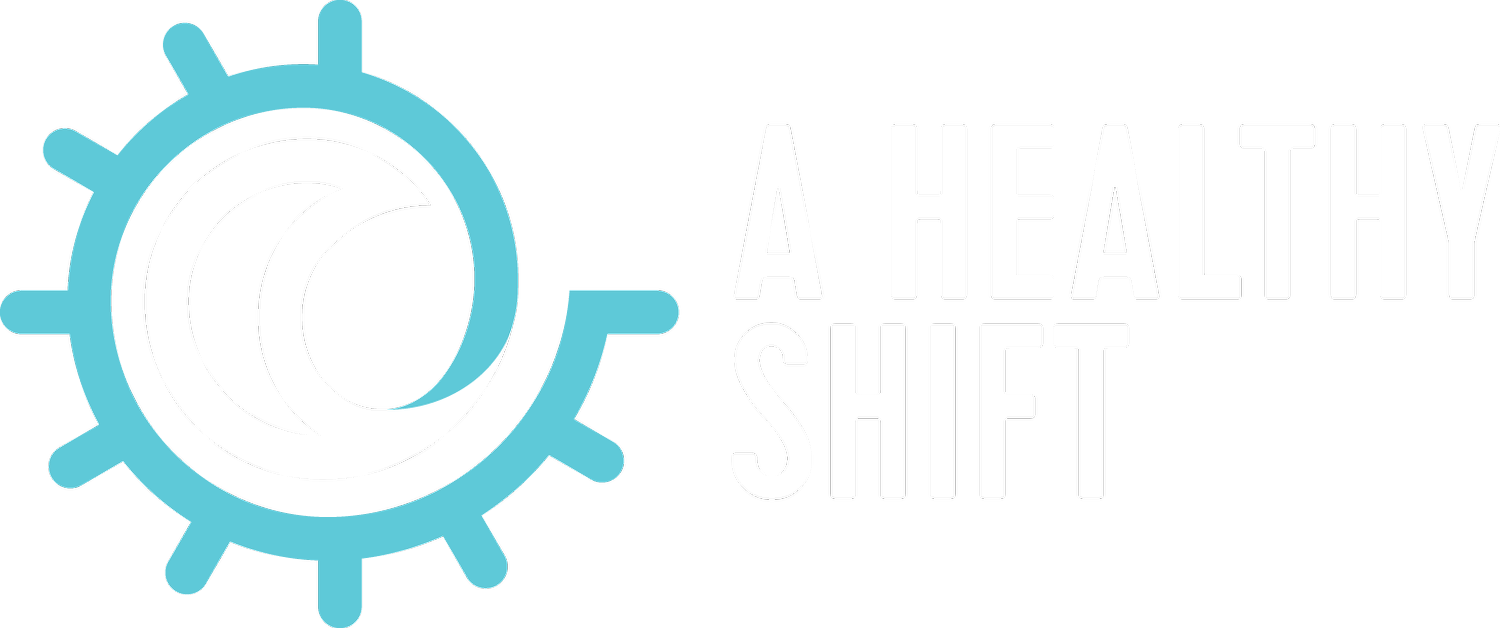Debunking Alcohol Myths: What Shift Workers Should Know Before Their Next Drink
When was the last time you had a drink? If you're like many shift workers, alcohol may be a way to unwind after a tough shift or relax on your time off. But let's get real for a second—while alcohol is a socially accepted (and sometimes encouraged) habit, it's surrounded by myths that hide its true impact on your health.
As someone who's worked with shift workers for decades, I’ve had countless conversations about the real effects of alcohol. The harsh truth? There’s no safe level of alcohol consumption—and the health benefits you’ve heard about are often overstated.
Below, I’ll discuss some of the most common alcohol myths that are likely holding you back from your healthiest self. Take a moment to think before you order that next drink.
Myth #1: Red Wine is Good for Your Heart
You’ve probably heard this one before “a glass of red wine a day is good for your heart.” It’s all thanks to flavonoids, a type of antioxidant in wine, that supposedly protects your heart. But here’s the kicker: to get enough flavonoids for any heart health benefits, you’d have to drink so much wine that you’d undo any positive effects.
The Truth:
There’s no “safe” or beneficial amount of alcohol. While flavonoids do support heart health, you can get them from healthier sources like fruits and vegetables. Think onions, kale, grapes, or even a cup of tea! In fact, alcohol is more harmful to your heart than it is helpful, contributing to high blood pressure, arrhythmias, and an increased risk of heart disease. Don’t be fooled—there are much better ways to boost your heart health.
Myth #2: Alcohol Helps You Sleep Better
A drink before bed might seem like an easy solution to fall asleep, especially after a long shift. But while alcohol can make you drowsy, it also messes with your sleep cycle, leading to poor-quality sleep.
The Truth:
Alcohol is a sleep disruptor, not a sleep aid. While it might help you nod off initially, it negatively affects your sleep later in the night. Many people (including my former self) report waking up at around 3 a.m. after drinking—sound familiar? That’s because alcohol messes with your REM sleep, leaving you tossing and turning. And when the effects of alcohol wear off, your brain activity ramps back up, jolting you awake.
If you do decide to drink, stop at least four hours before bedtime to minimise its impact on your sleep. But remember, no matter how early you stop, alcohol will still affect your sleep quality.
Myth #3: Alcohol Reduces Stress and Anxiety
It’s common to reach for a drink after a tough day to relax and take the edge off. But while alcohol might give you a temporary boost, the long-term effects are far from relaxing.
The Truth:
Alcohol initially floods your brain with dopamine, which can lift your mood. However, as the alcohol wears off, your stress and anxiety actually increase—a phenomenon called “anxiety rebound.” You might think alcohol is easing your worries, but in reality, it’s fueling them, leading to a vicious cycle of drinking to relieve stress that only worsens over time.
Looking for real stress relief? Try getting some movement in, spending time with loved ones, or engaging in a hobby you enjoy. These strategies will not only lower your stress but support your overall well-being.
Myth #4: Alcohol Makes You More Sociable
We’ve all heard about “liquid courage”—that feeling of ease and confidence after a drink or two. But does alcohol actually make you more sociable, or does it just lower your inhibitions?
The Truth:
Alcohol’s impact on your brain might make you more talkative and relaxed at first, but it can also lead to oversharing, poor judgment, and in some cases, aggression. We’ve all seen (or been) that person who says or does things they regret after a few drinks. Alcohol impairs your ability to pick up on social cues, making it harder to navigate social situations effectively. Want to avoid embarrassing moments? Keep your drinking in check at social events and stay hydrated with water between drinks.
Myth #5: Alcohol Doesn’t Affect Your Athletic Performance
You work out regularly, eat well during the week, so a few drinks on the weekend won’t hurt, right? Not so fast. Alcohol can actually undermine your progress in the gym and affect your physical performance more than you think.
The Truth:
Alcohol slows muscle recovery, impairs coordination, and dehydrates your body—none of which are great for reaching your fitness goals. It also reduces endurance and interferes with your body’s ability to metabolize energy, which is why even a couple of drinks can leave you feeling sluggish during your next workout. If you're serious about your fitness, alcohol could be holding you back.
Myth #6: Drinking Isn’t a Problem Unless It’s Every Day
You might think, “I only drink on my days off, so it’s fine.” But the truth is, heavy drinking isn’t about how often you drink—it’s about how much you drink.
The Truth:
For men, heavy drinking is defined as having five or more drinks on any single day or 15 or more drinks per week. For women, it’s four drinks in a day or eight per week. Even if you only drink on weekends, binge drinking can have serious health impacts, from liver damage to increased risk of heart disease and mental health issues.
If your drinking leads to negative feelings or outcomes, it's worth reassessing. And if you’re concerned about your alcohol use, don’t hesitate to seek support from a healthcare professional.
Final Thoughts: Is Alcohol Really Worth It?
As shift workers, we face unique challenges when it comes to managing stress, sleep, and health. Alcohol might seem like an easy solution, but it often makes things worse. The next time you consider reaching for a drink, think about whether it’s truly helping—or if it’s holding you back from thriving both at work and in life.
Footnote: I stopped drinking alcohol completely on 1st January, 2024 and I’ve never looked back. Stopping alcohol entirely was a life changing thing for me to do and I never feel pressure from others.
I don’t write this blog as an ex drinker pointing the finger. I write it to help you make an informed decision on if it’s even necessary in your life and how much it is literally hindering you.
About Roger Sutherland
As a coach and advocate for shift workers, my goal is to provide practical, evidence-based strategies that empower individuals to thrive in their roles. By understanding and addressing the challenges of shift work sleep disorder, shift workers can achieve better health outcomes and lead more fulfilling lives both on and off the job.
Note:
I also run Nutrition, Health & Wellbeing Seminars for shift working environments.





